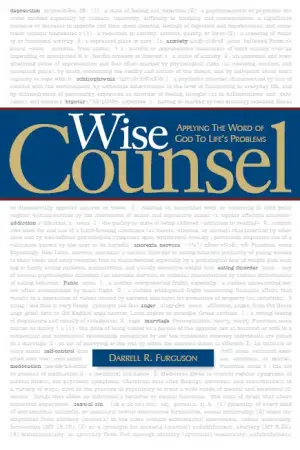Finding Community or Just Finding Myself in Disappointment?
When I first picked up Find Your People: Building Deep Community in a Lonely World by Jennie Allen, I was hopeful. Having heard her speak at her church and appreciating her sermon, I thought this book would be an extension of that warmth—funny, real, and perhaps even transformative. Instead, what I encountered was a disheartening experience that led me to a firm conclusion: this is a book I won’t return to, nor will I seek out anything else by Allen in the future.
Allen’s central theme revolves around cultivating deep connections in an increasingly lonely society. While she provides some practical tips—like running errands with friends—that struck a chord with me, they were overshadowed by the disingenuous and shallow approach that permeated the text. Her writing style is relatable at first glance but often veers into the realm of blanket statements that lack nuance or compassion. For instance, the assertion that “if all your friends over the years don’t like you, you’re the problem” left me floored. This perspective dismisses the valid complexities of relationships, where sometimes, being likable doesn’t equate to being understood.
The tone regarding emotional struggles was particularly jarring. For those grappling with depression, trauma, or church hurt, her suggestion to “get over it” and make friends anyway felt not only tone-deaf but irresponsible. Allen’s comments on church hurt—describing it as an inevitable outcome of human nature—were equally disheartening. She seemed to sweep the more serious issues, like abuse or systemic racism, under the rug, minimizing the painful experiences that many endure.
Furthermore, there’s a problematic contradiction in how Allen discusses diversity. She mentions her friends who are minorities, yet when she describes her close circle, it’s predominantly white. This creates an unsettling notion that while she values diversity in principle, it doesn’t extend into her intimate relationships.
As for her church experience, I found the emphasis on vulnerability tied to financial disclosures quite alarming. It sparked memories of my own uncomfortable interactions in similarly cult-like environments, amplifying the red flags I sensed when engaging with her church community.
Despite my frustrations, I must acknowledge that some readers may resonate with Allen’s ideas about community and hard work. If you’re looking for simple advice on reaching out and connecting with others, you might find nuggets of gold in her guidance. However, for those of us with deeper wounds or a more critical view of how community is often portrayed in Christian spaces, this book may fall short.
In conclusion, while Find Your People might speak to some, it ultimately left me feeling disillusioned. As a long-time Christian reader, I craved authenticity and empathy—two elements I felt were sorely lacking here. If you’re in search of a nuanced exploration of community, consider looking elsewhere. My reading experience reinforced the profound impact of genuine connection, but it also reminded me of the danger of superficiality, especially when wrapped in the guise of spirituality.
Discover more about Find Your People: Building Deep Community in a Lonely W… on GoodReads >>






